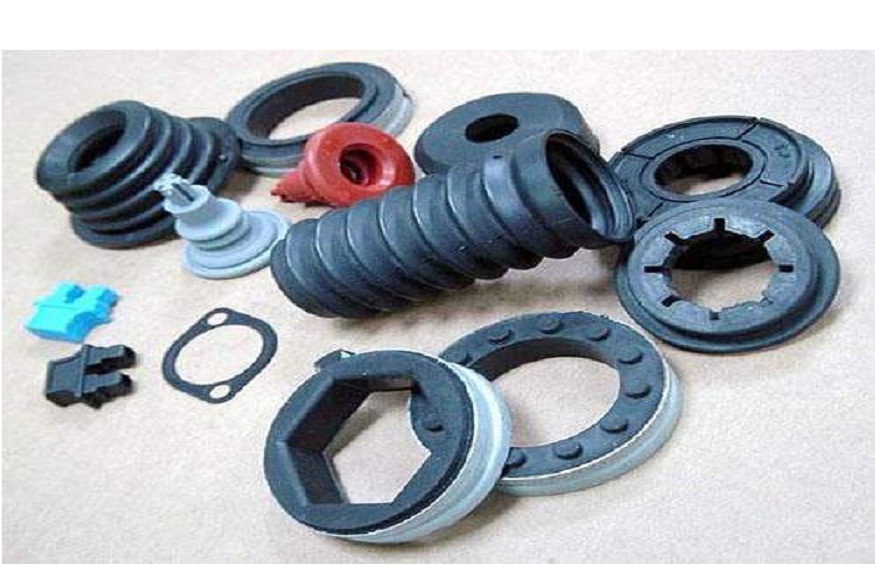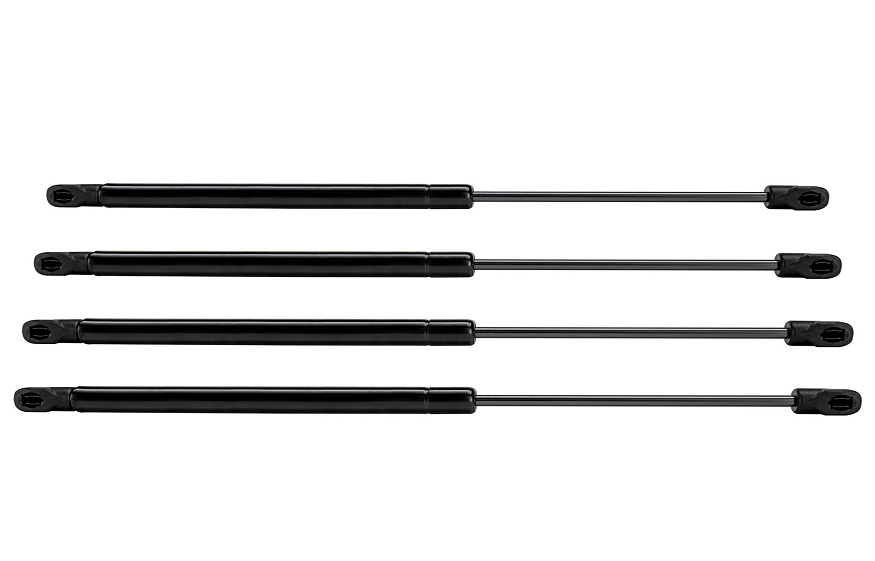Introduction
Mechanical rubber products are critical in various industries as they are robust and flexible; they withstand environmental pressures. Seals and gaskets, up to hoses and belts, find applications in automobiles and airways, industries, and construction. Rubber’s physical properties make it indispensable for the reliable and efficient operation of mechanical systems. Such items have an increasing demand due to the trend of technology advancement and increasing demand for quality parts. Below, we outline seven significant advantages of mechanical rubber goods and why they are important in various industries.
Benefits of Mechanical Rubber Goods
Resilience
The key benefit of mechanical rubber items is their resilience. Rubber is known to withstand demanding application environments, including chemicals, temperature extremes, and abrasion. Mechanical rubber products, such as seals and gaskets, are defined for retaining integrity in applications where other materials deteriorate or wear out fast. This strength is more applicable in industries that need to run equipment for long periods without constant maintenance and replacement.
The strength of the mechanical rubber goods increases the length of tools and equipment; downtime due to component failure is decreased. Since rubber parts, whether in car engines, industrial gears, or aerospace environments, are designed to last a very long time, systems run perfectly and efficiently even in harsh conditions.
High Tolerance to Oils and Chemicals
Mechanical rubber products are also resistant to a wide range of chemicals, oils, and solvents. This makes them ideal for those applications wherein these chemicals, oils, and solvents are quite prevalent. Lubricants, fuels, and other chemical agents may degrade or corrode particular materials in industrial applications. With rubber itself being resistant to harmful chemicals, parts such as hoses, seals, and gaskets will remain functional even in the presence of such chemicals.
It is highly imperative in oil and gas, automobile manufacturing, and chemical processing industries, where equipment must function effectively in highly reactive environments. Rubber’s chemical resistance to degradation reduces the requirement for continuous replacement of components, thus saving organizations’ resources in terms of time and money in terms of maintenance.
Flexible and Versatile
Adaptability is a feature of mechanical rubber products, and it allows their use in different shapes and forms. Rubber parts can be moulded or extruded into various products. It is due to this adaptability that engineers and manufacturers are able to design unique components that are required to meet specific requirements of machinery or equipment to ensure maximum performance and compatibility.
The elasticity of rubber means that it can absorb stress and vibration; therefore, rubber is the best possible material that reduces mechanical component wear and tear. Rubber bushings are widely used in automotive applications to reduce vibrations and the effects of road defects on the components of a vehicle. Rubber products like mounts and pads help safeguard equipment in industrial applications by absorbing mechanical stress, reducing noise, and promoting general stability of operation.
Resistance to Temperature
Mechanical rubber goods manufacturers are resistant to extreme temperatures and can be used in applications ranging from food processing to high-heat metalworking. Silicone and fluoroelastomers, for instance, are formulated to retain integrity and the ability to perform under high temperatures. Depending on the type of rubber used, these items are now available and resistant to temperatures from below zero to more than 200°C.
This thermal resilience is particularly beneficial in manufacturing subsectors such as automobiles, airplanes, and heavy machinery, where the machines undergo elevated temperatures due to engines, structures created by the exhaust, or industrial practices. Since rubber withstands its properties across a vast thermal range, it operates satisfactorily without interruption at thermal stress, and equipment is not subject to premature failure by way of temperature.
Value-Effective Materials
Mechanical rubber products are a cost-effective solution for organizations looking to enhance the efficiency and longevity of their machinery without spending too much money. Rubber is generally cheaper than other materials like metals or engineered polymers but retains adequate mechanical properties and, hence, is a very competitive substitute for manufacturers. It allows firms to opt for long-lasting and reliable parts without violating financial constraints.
To organizations whose businesses mainly rely on mechanical equipment, the savings that rubber parts provide add up over time, thus proving to be an excellent long-term investment in terms of operational efficiency.
Better Sealing Capability
Some of the critical benefits of mechanical rubber items include excellent sealing characteristics. The use of rubber seals, O rings, and gaskets in mechanical systems gives watertight or waterproof seals against fluids, gases, or impurities from leaking in most applications. These products are most critical, where applications demand strict sealing to ensure the reliability of a system and performance in applications involving hydraulic systems, automobile engines, and fluid control devices, among others.
Rubber’s elasticity is what enables tight seals, even under pressure or movement, and prevents leakage in mechanical systems. This is very critical in the aircraft and automobile industries as it may cause expensive damage to equipment or a safety issue if not sealed properly. The elasticity of rubber allows strong seals to be maintained across various operating conditions, making mechanical systems more reliable and safer.
Eco-Friendly Alternatives
Aware of the growing importance of environmental issues, most industries now focus on minimizing their potential ecological footprint. The use of recycled or virgin rubber makes mechanical rubber products sustainable. Recycled rubber could be used in the production of superior-quality mechanical parts; such practices would reduce the consumption of virgin raw materials and avoid material waste. Natural rubber is also a renewable raw material available from rubber trees, and therefore, it can be extracted responsibly. This makes it another environmental-friendly option against synthetic materials.
Conclusion
Mechanical rubber goods and carbon black filled hdpe are indispensable for several industries because of their durability, elasticity, chemical resistance as well as sealing properties. Rubber parts are highly crucial in providing stable and functioning mechanical systems for several kinds of industrial applications. These are the automobile, aerospace industries, industrial equipment, and oil-gas well production. Their effectiveness to be able to resist harsh climatic conditions, provide cost-effective measures, and support sustainability initiatives makes them a potent resource for manufacturers and businesses alike. As technology proceeds, mechanical rubber products will remain integral in providing for the seamless running and lifecycle of equipment in industries around the world.





Leave a Reply
You must be logged in to post a comment.